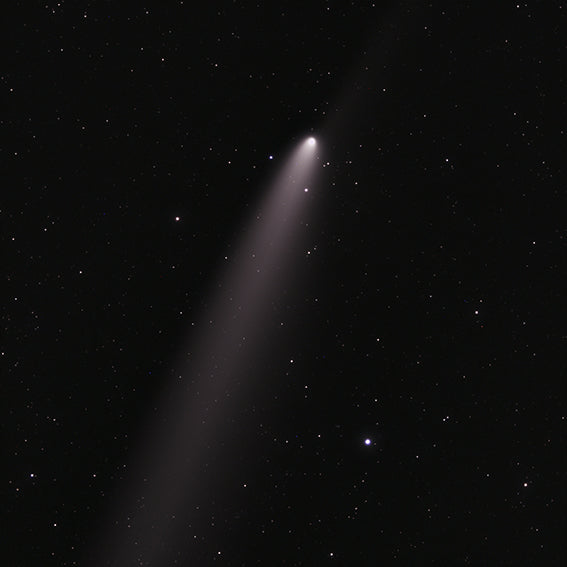The Curious Origin of the Phrase "Damnifino"
Introduction
Language is packed with quirky words and phrases that carry layers of meaning and, sometimes, centuries of history. One of these intriguing phrases is "damnifino." At first glance, it might look like a slang or a colloquial term, but there’s more to it than meets the eye. From its unusual blend of words to its curious origin, "damnifino" is a phrase that has left linguists and word enthusiasts both charmed and amused.
What Does "Damnifino" Mean?
At its core, "damnifino" is an informal expression used to convey uncertainty or a lack of knowledge about something. Essentially, it’s a slurred way of saying, "damned if I know." In other words, when someone uses "damnifino," they’re usually saying, "I have no idea" or "I don’t know."
The Blended Word Phenomenon
What Are Blended Words?
Blended words, or portmanteaus, are combinations of two or more words merged to create a new term. Words like "brunch" (breakfast + lunch) and "smog" (smoke + fog) are popular examples. Blending is common in English and has created many quirky, often humorous, expressions.
Early Use of "Damnifino" in Language
The origins of "damnifino" aren’t pinpointed exactly, but it’s widely believed to have surfaced in the United States in the late 19th or early 20th century. It captures a distinctly American knack for informal speech and colloquialisms. Early written records of "damnifino" often show it in dialogue, where characters use it to humorously express confusion or ignorance.
Who Might Have Coined "Damnifino"?
The phrase likely emerged in informal conversations and was popularized in American dialects. Though it’s difficult to assign credit to one person or group, "damnifino" was probably coined by speakers who were fond of linguistic playfulness.
amous Uses in Pop Culture
From classic films to TV shows, "damnifino" has popped up over the years, often used by characters in lighthearted or comedic scenes. Its charm lies in its informality, making it a go-to phrase for moments of shared confusion or amusing uncertainty.
Regional Variations of the Phrase
Although "damnifino" is uniquely American, similar phrases exist in English dialects around the world. The British might say, "Heaven only knows," while in other English-speaking countries, phrases like "blow me down if I know" capture the same sentiment.
The Rise of Slang and Colloquialisms in English
The popularity of slang and colloquial language has surged in the past century, especially in American English. Words like "damnifino" have thrived in this linguistic environment, blending humor and informality to make everyday language feel more personal.
Does "Damnifino" Have Other Meanings?
While "damnifino" most often means "I don’t know," it’s occasionally used to express an indifferent or dismissive attitude. For instance, in response to a question about an unlikely event, someone might say, "damnifino," implying that they don’t know—and don’t particularly care.
How "Damnifino" Evolved Over Time
As with many slang terms, "damnifino" has shifted in popularity. While it may not be as common today as it once was, it remains a beloved example of American slang, especially for those who appreciate language’s playful side.
How to Use "Damnifino" in Modern Language
You can still use "damnifino" today if you’re aiming for a casual, humorous tone. It’s perfect for informal conversations, especially if you’re with friends or in a laid-back setting.
"Damnifino" might seem like a simple phrase, but it captures a fascinating blend of humor, culture, and language evolution. From its possible Southern roots to its role in American slang, "damnifino" shows how even a quirky expression can find a lasting place in the English language. The next time you’re stumped for an answer, consider letting a "damnifino" slip—it might just bring a smile to someone’s face.
FAQs
1. Is "damnifino" considered offensive?
No, "damnifino" is generally seen as humorous and informal, though it contains "damn," which may not be ideal in formal settings.
2. Can I use "damnifino" in writing?
Yes, it’s best suited to casual writing or dialogue in creative works, where an informal tone is welcome.
3. Where did "damnifino" originate?
It’s believed to have originated in the United States, particularly in dialects with a playful approach to language.
4. Is "damnifino" still used today?
While not as common as it once was, "damnifino" remains in use and is appreciated for its quirky charm.
5. What are some alternatives to "damnifino"?
Some alternatives include "I haven’t the foggiest," "beats me," or simply "I don’t know."
https://nitescapeastrophotography.com/collections/outerwear



Leave a comment
This site is protected by hCaptcha and the hCaptcha Privacy Policy and Terms of Service apply.